News
Improving concession contracts in sub-Saharan Africa
Thanks to its experience in Africa's rail sector, the European Investment Bank can determine optimal conditions for implementing a concession. The conceding authority must first and foremost be strong...
Published on
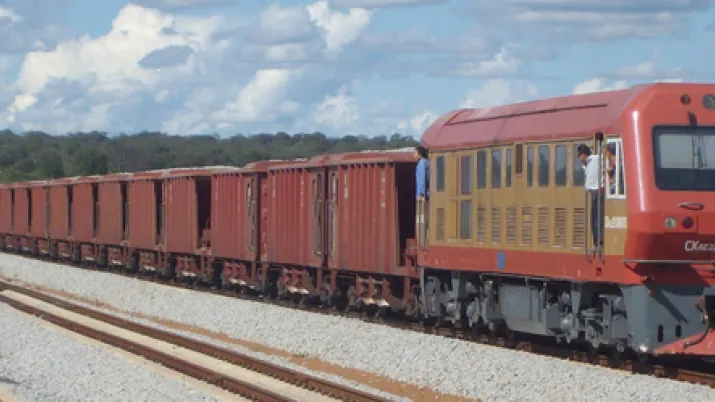
Developing Africa's railways using existing infrastructure
Although it may be difficult to make a final assessment of rail concessions in Africa, it is possible to point up the conditions that foster private sector involvement. In order to upgrade infrastruct...
Published on

Railway concessions in Africa : difficulties encountered and possible solutions
Although railway lines may offer a great economic interest for certain African States, private players such as Bolloré Group, which manages Sitarail and Camrail under concessions, have to face a whole...
Published on
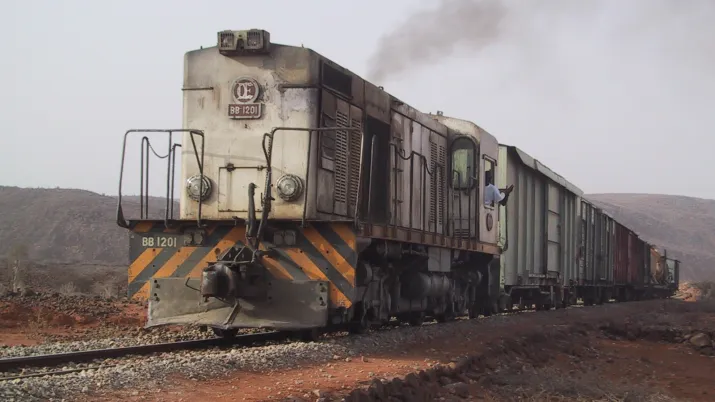
A balance between public and private sector roles : the key to a successful rail concession
When it comes to transport capacity, cost per kilometer, longevity and safety, railways are preferable to roads. However, concessions have not promoted private investment as much as expected and have...
Published on
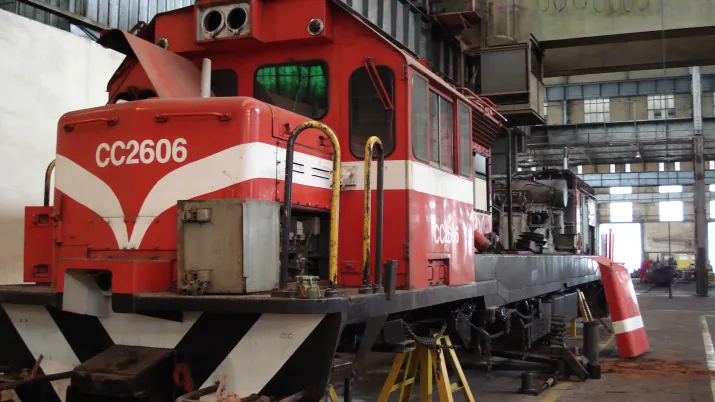
Getting the mining sector to work for Africa: the role of DFIs
The role played by Development Finance Institutions (DFIs) in the rapid development of Africa 's mining sector has seen a slight downturn. This can be explained by the strong presence of private inves...
Published on

The singular identity of a true "African child"
Mwana Africa – a mining company founded and managed by Africans – bases its development strategy on diversity (geographical sites, minerals exploited) and responsibility. Although employee safety is a...
Published on
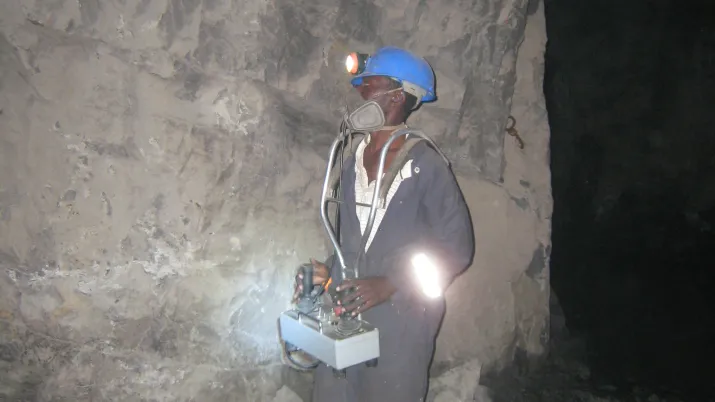
The role of transparent and fair taxation in converting Africa's mineral wealth into development
The mining industry does not contribute enough to Africa 's development – when it does not make local populations poorer and destroy the environment. Its fiscal regime needs to be overhauled, with a g...
Published on
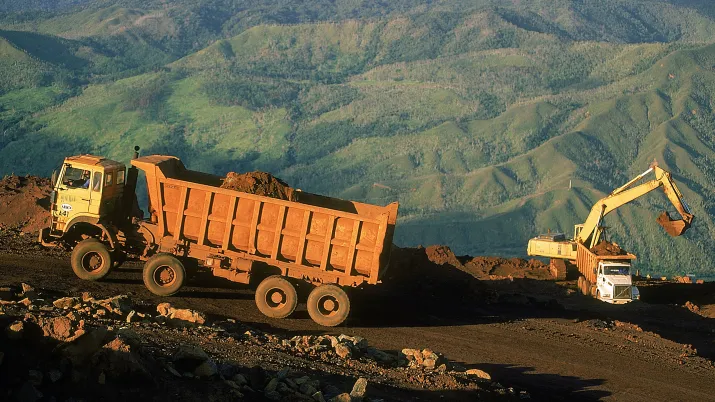
What are the impacts of the African mining sector liberalization?
Mineral sector reform has brought mining back to Africa - aided by price rises in the early 2000s - mpacting on investment, growth and poverty reduction. And there are no indications that price trends...
Published on
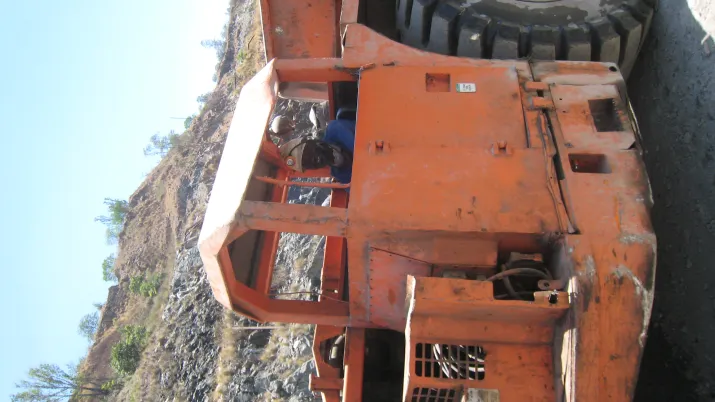
The rise of emerging players in global mining: drivers and future challenges
Mining companies in emerging countries benefited from market liberalization and the surge in raw materials prices between 2003 and 2008. This allowed them to strengthen their balance sheets, invest in...
Published on
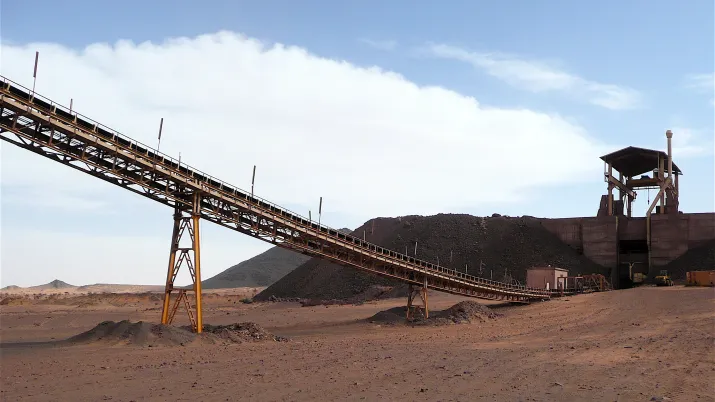
Investment in junior companies: laying the foundations for economic development in Africa
Investing in junior mining sector players is much more than a simple opportunity: it can catalyze growth in Africa. New fields can, for example, be exploited thanks to junior players; despite fluctuat...
Published on
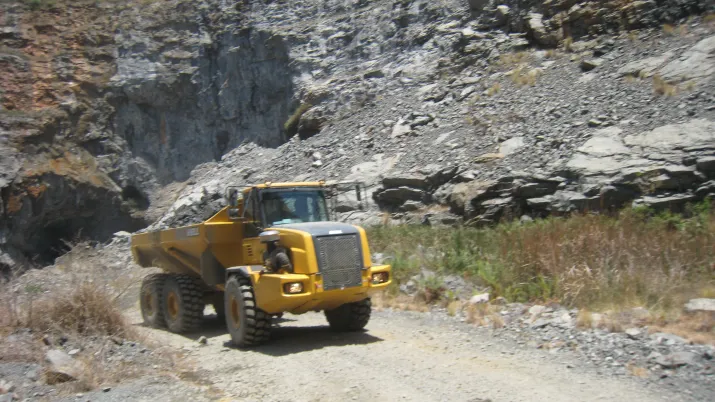
How can Africa's mineral resources help promote sustainable development?
Since 2003, demand for mineral resources has been bolstered by growth in emerging countries. In Africa, it opens a «window of opportunity» that can make its growth sustainable. The exploitation of its...
Published on
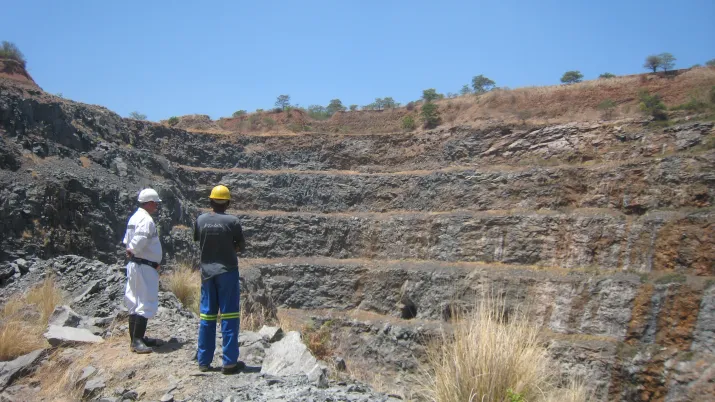
Tourism in developing countries: a neglected lever of growth despite its potential
As the negative impacts of tourism are clearly visible, they tend to dominate the spheres of debate and research and consequently eclipse its positive spillover effects, which are less visible and mor...
Published on
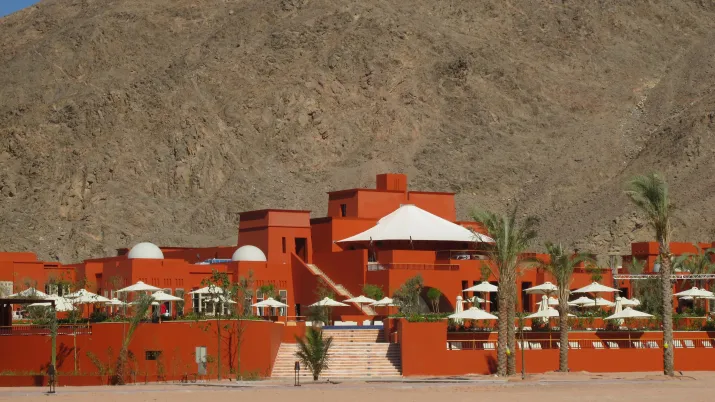
What tourism for remote areas in developing countries?
Remote sites in developing countries often present a major interest for tourism. Although the difficulties to access them, the lack of infrastructure and skilled human resources may pose a problem, “p...
Published on
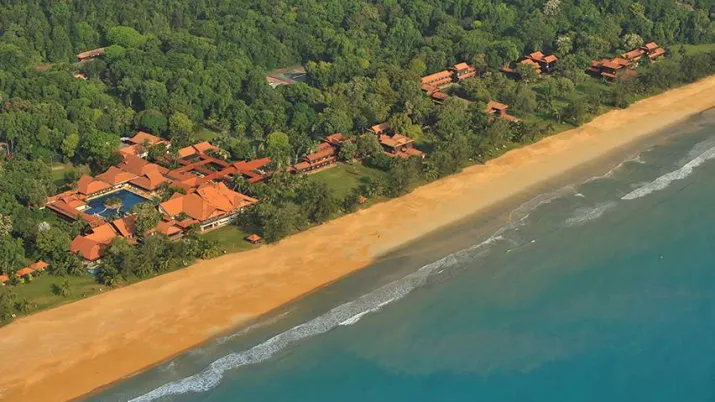
IFC's approach to investing in tourism
Although tourism plays a key role for developing countries, investment projects in these countries carry a high level of risk. This risk can only be borne via a long-term commitment and rigorous proj...
Published on
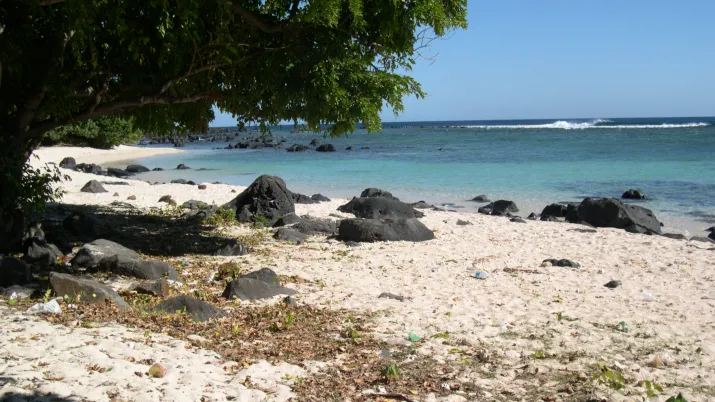
Combining best practices and profit in tourism
In order to bring about economic growth, develop local human resources, as well as cultural and natural heritage – while reducing the ecological footprint of establishments to a minimum – the Serena H...
Published on

Tourism: a risk for developing countries?
If all its impacts are not integrated and regulated, tourism may carry risks, particularly for least developed countries. Although “internal”, “external” or “invisible” foreign exchange leakages can w...
Published on
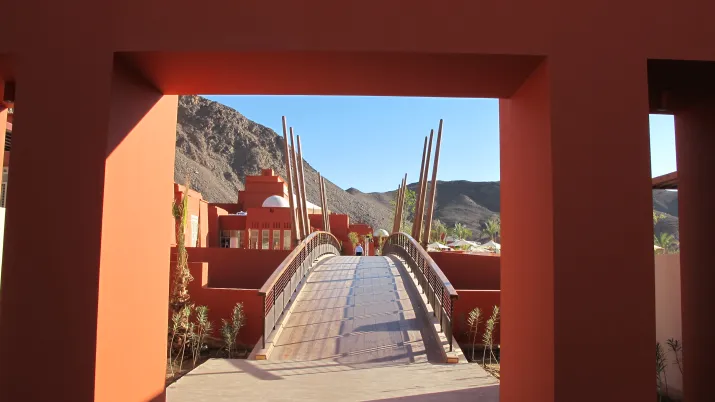
Unlocking the potential of tourism in Zambia
Although Zambian authorities recognize the importance of tourism, the sector suffers from preconceived ideas. It is underperforming and only attracts 3% of tourists visiting Sub-Saharan Africa. And ye...
Published on
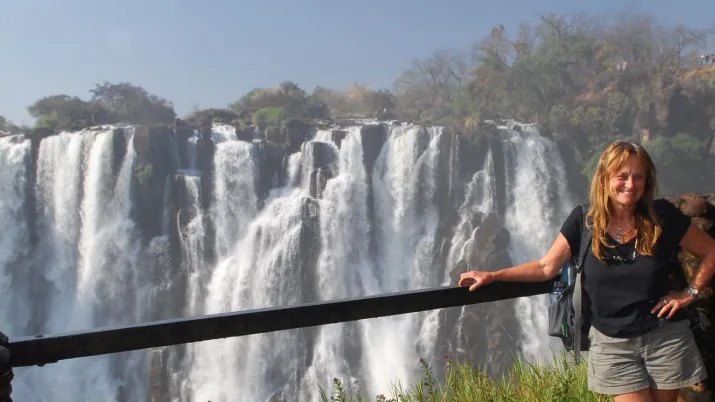
An unconventional but essential marriage: pro-poor tourism and the mainstream industry
Pro-poor tourism has had a significant impact on the ‘tourism and development' agenda, but is unlikely to become hegemonic. Its impact on broader development debates, the mainstream tourism industry,...
Published on
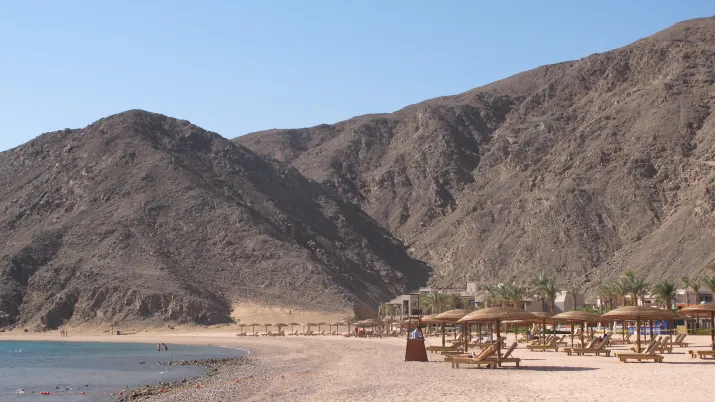
Clean energy investment funds: moving beyond magic formulas to sound risk analysis
Developing countries' clean energies are attractive for investors, yet there are few specialized local funds. Analytical tools are undoubtedly inappropriate and underrate four specific areas of risk:...
Published on

Barriers to private sector investment in the clean energy sector of developing countries
The preparation phase is essential in clean energy projects; it is also comparatively more costly, particularly in developing countries. Investment volumes continue to be insufficient as a result of t...
Published on

